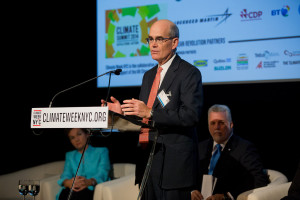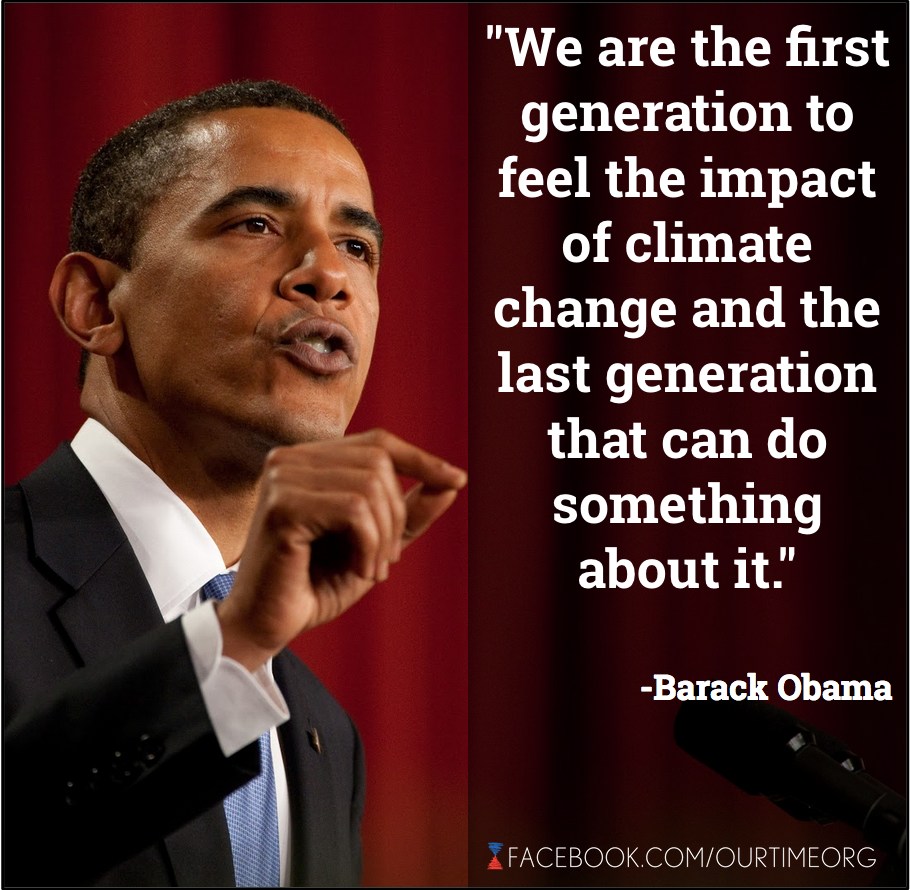
Philip K. Ryan, Chairman, Swiss Re America Holding Corporation talks at the panel “Leader’s vision for a low carbon economy” at the Climate Week NYC Opening Day: “Climate could cause losses of 20% GDP by end of the century, caused by extreme storms impacting cities and other disruptions”.
We need to be aware of the challenges that may arise due to climate change such as extreme weather related natural disasters. If you have a place to call home and possibly a family, a vehicle and other assets worth protecting you should put in place and/or check your insurance coverage to ensure that you are properly covered, (Schlichting, 2013). Do you know whether your health/general insurance company is even discussing and/or upgrading their policy inclusions for emerging climate change effects?
At Climate Week 2013 in New York, Philip K. Ryan, chairman of Swiss Re America, told the audience at the opening ceremony that, “As experts on risk, everything we see points to the fact that climate change is something we simply cannot ignore, and reducing emissions is essential.” He also noted that in 2012, severe weather cost the global economy US$160 billion, only US$70 billion of which was covered by insurance.
What we all should understand is that a rise in global temperature by 1 or more degrees does not stop seasonal transitions. We will still experience the dry, moisture-deficient seasons that will transition into the moisture-rich rainy and winter seasons. However, this rise by just 1 degree or more intensifies each period. Dry, moisture-deficient seasons will be warmer overall and therefore more prone to fires and drought.
Subsequently, rainy seasons will be intensified because a rise in temperature means more evaporation can occur over all water sources (large oceans/lakes/rivers/etc.). Increased evaporation levels mean more moisture in the atmosphere, that will be condensed into higher amounts of precipitation, which emerges in the forms of rainfall, flooding, stronger storms, more intense hurricanes, and as we move closer to the North and South poles, more snowfall and blizzards.
Are you covered?
Start – 1 – 2 – 2b – 3 – 4 – 5
Source Video: https://youtu.be/wYV87gglyP8

